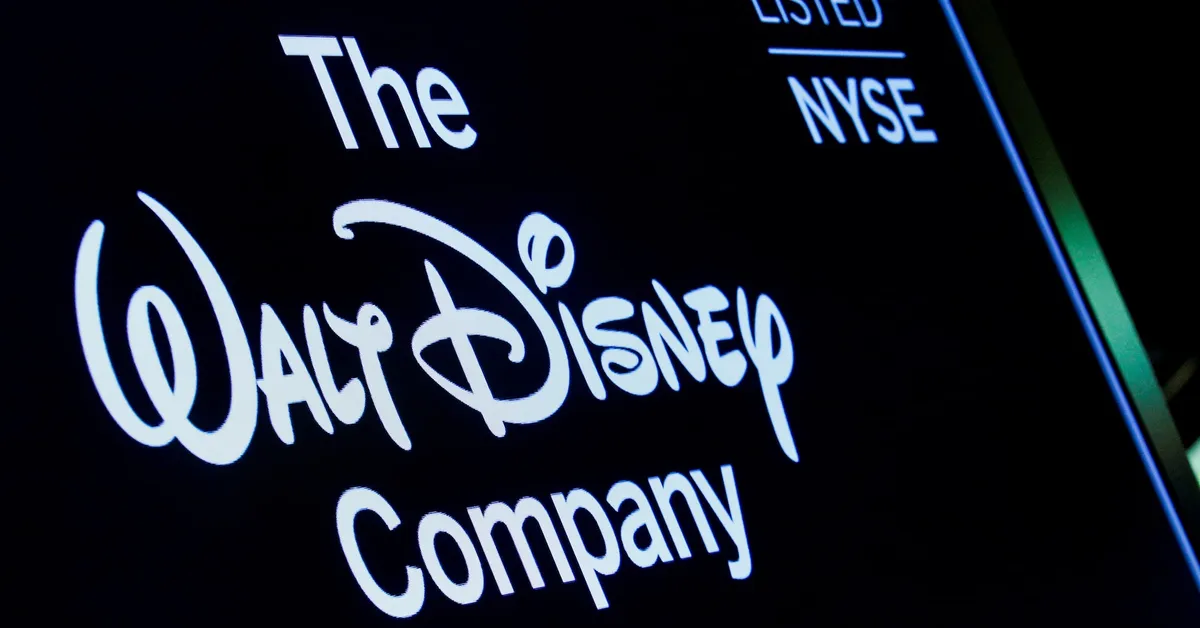
On May 5, American media stocks experienced a significant decline after former President Donald Trump revealed a controversial 100% tariff on all films produced outside the United States. This latest move is part of his ongoing campaign of trade levies, which threatens to sharply increase production costs for Hollywood studios and disrupt the global entertainment industry.
Trump's announcement was notably vague, lacking clarity on whether these duties would apply to films distributed via streaming platforms in addition to traditional theatrical releases. Furthermore, there was no indication of whether the tariffs would be calculated based on production costs or box office revenue. According to PP Foresight analyst Paolo Pescatore, "There is too much uncertainty, and this latest move raises more questions than answers." He added that it appears unlikely these tariffs will be implemented in the short term as industry players struggle to comprehend the implications of the new regulations.
The announcement has dashed hopes that Trump was easing his aggressive trade agenda, which has already shaken business confidence and clouded the outlook for U.S. assets, ultimately affecting economic growth. Despite Los Angeles' historical status as the epicenter of cinema, many studios have increasingly shifted production overseas to regions such as the UK, Canada, and Australia. This trend allows studios to benefit from generous tax credits and lower labor costs.
Interestingly, most of the nominees for this year's Oscar Best Picture were filmed outside the U.S. Additionally, a survey conducted by ProdPro revealed that the top five preferred production locations for 2025 to 2026 are all international. If studios are forced to bring production back to U.S. soil, it could inflate budgets and disrupt a well-established global production supply chain, which often involves shooting in Europe, post-production in Canada, and visual effects work in Southeast Asia.
Barton Crockett, an analyst at Rosenblatt Securities, pointed out that "pretty much all the studios are moving tons of production overseas to reduce production costs." He noted that increasing the cost of producing films could prompt studios to create less content. Additionally, there is a looming risk of retaliatory tariffs against American content in international markets. Hollywood is already facing challenges from China, which recently announced plans to limit U.S. movie imports in response to the broader tariff initiatives.
While analysts predict that the impact of these tariffs may be limited due to declining box office returns from China, any imposition of tariffs would continue to apply pressure on an industry already grappling with issues like cord-cutting and rising labor costs. The recent Hollywood strikes have resulted in higher pay and broader benefits for writers and actors, further complicating the landscape.
Trump's tariff threat, presented as a national security measure, has raised alarms throughout the global film industry. Leaders from Australia and New Zealand, key hubs for major franchises like Marvel and The Lord of the Rings, expressed their determination to protect their local film industries. The British media union Bectu has also urged governmental action to safeguard the vital film sector, warning that tens of thousands of freelance jobs could be at risk.
Matthew Stillman, CEO of Prague-based Stillking Films, one of the largest producers of U.S.-financed international content in Central and Eastern Europe, stated that the tariff threat could jeopardize global production pipelines. He emphasized the need for clarity regarding how the tariff will be calculated and whether it applies to international rebated production, film financing, or U.S. distribution—all factors that carry their own implications.
Experts have noted that enforcing these tariffs could prove challenging. Major media conglomerates might find ways to restructure operations to avoid the duties, such as producing content through foreign subsidiaries or licensing content across borders. The complexity of modern film production, where a single movie may be shot in multiple countries—similar to many James Bond films—adds another layer of difficulty in enforcing these tariffs.
Emarketer analyst Ross Benes remarked, "It's another half-baked idea that will introduce panic for workers in the marketplace as the legality and enforcement are worked out ex post facto." As the situation unfolds, industry stakeholders will be closely monitoring the developments surrounding this controversial tariff proposal.
Reporting by Harshita Mary Varghese and Aditya Soni in Bengaluru; Additional reporting by Michael D Kahn in Prague and Muvija M in London; Editing by Sriraj Kalluvila.